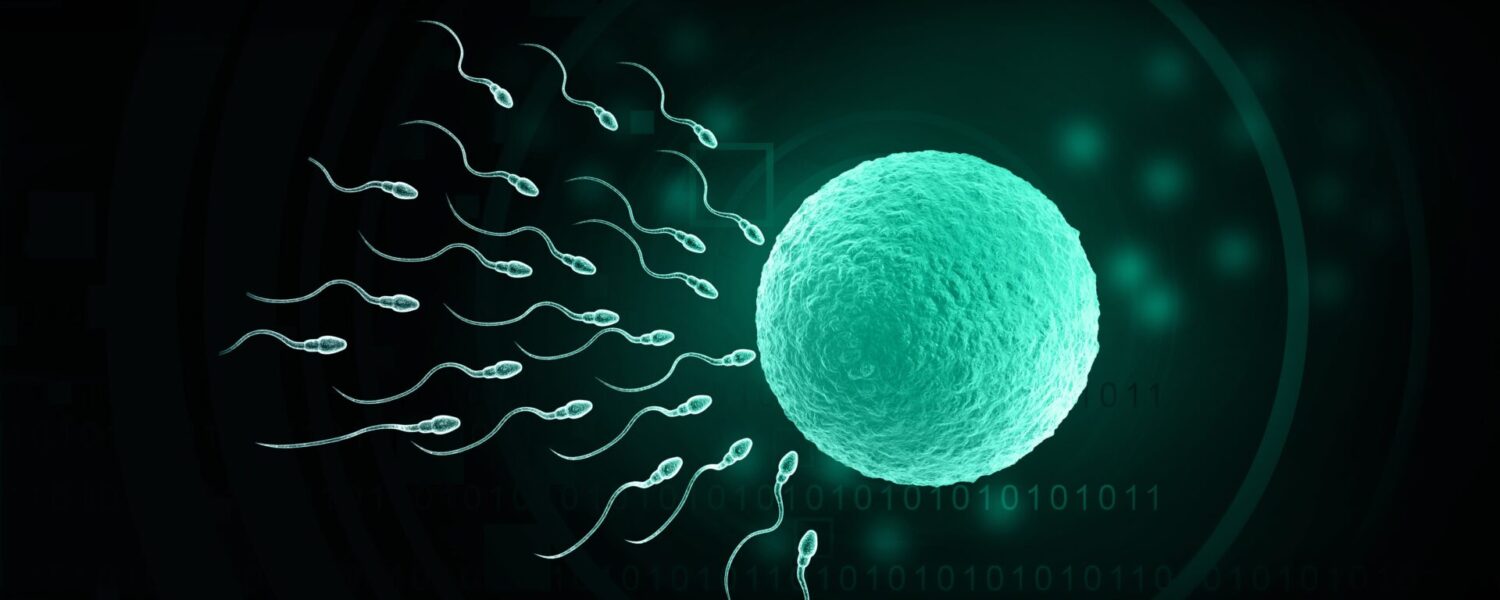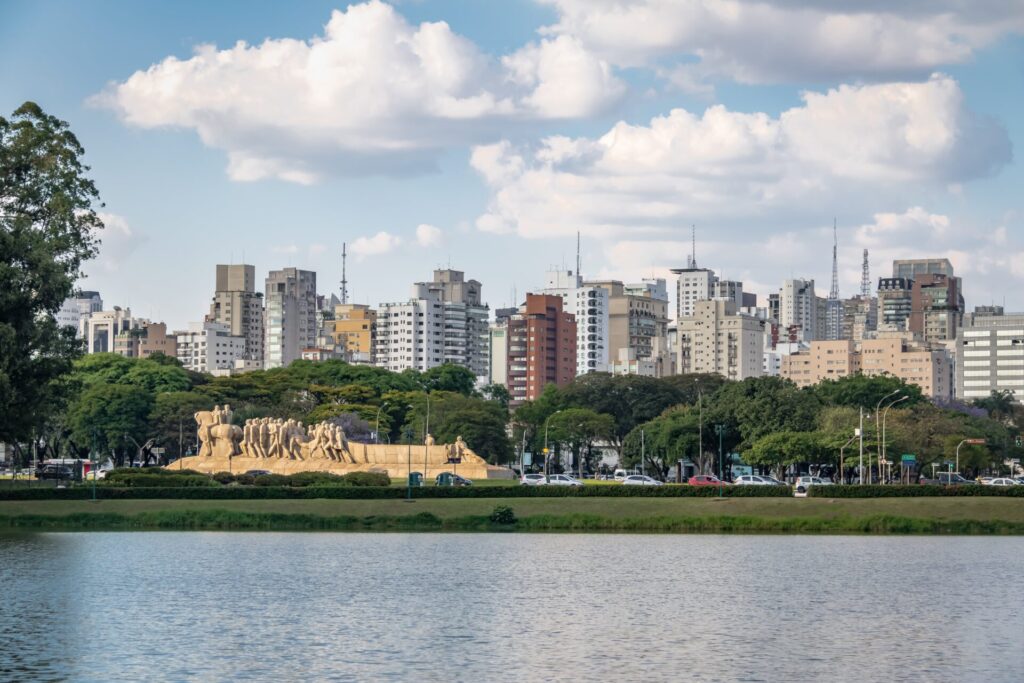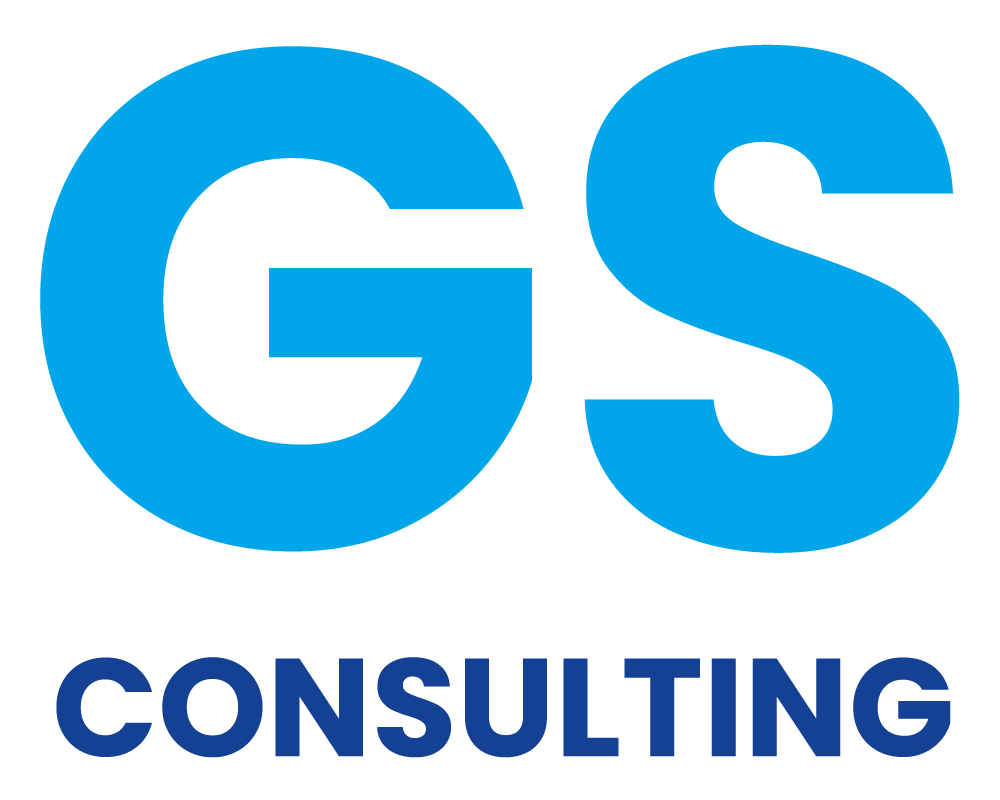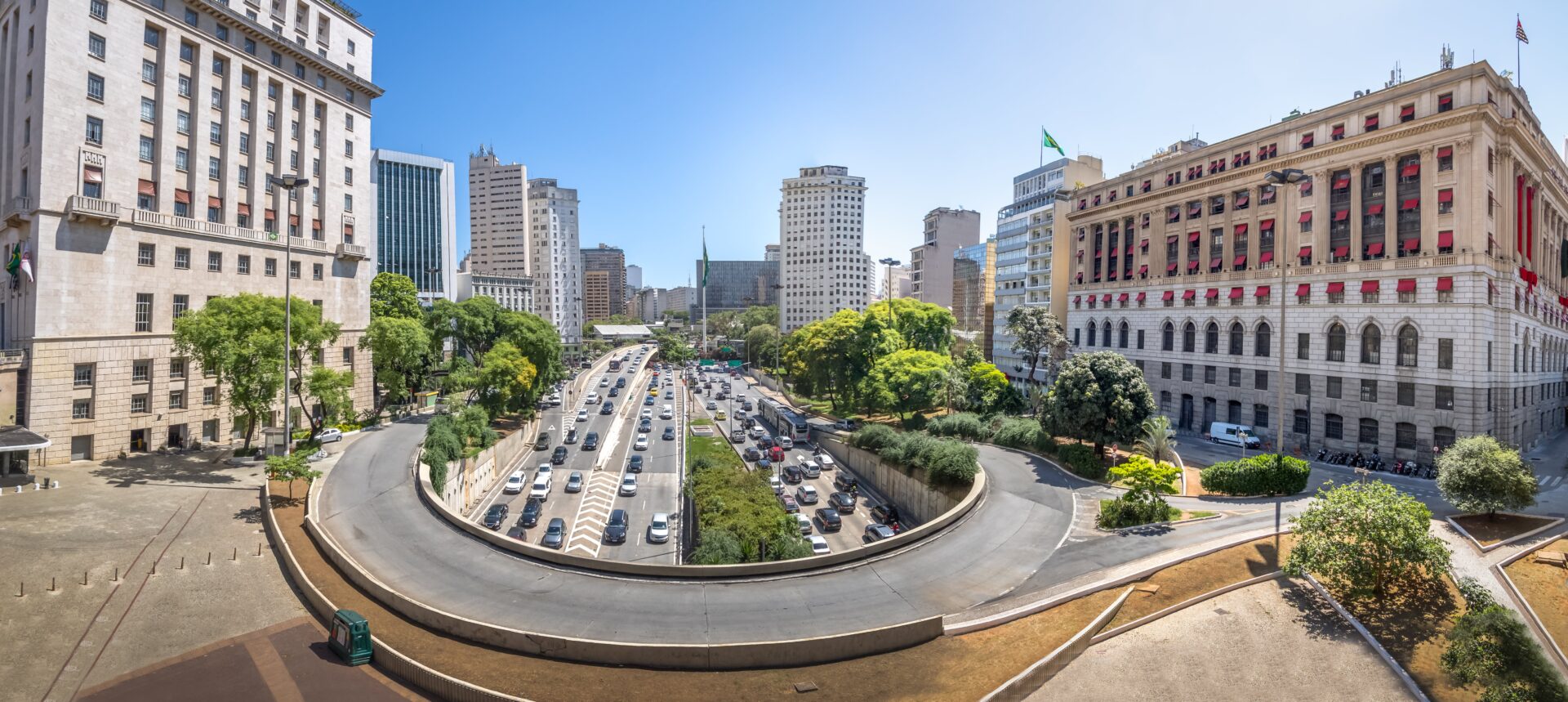Surrogacy in Argentina: Learn about the process, laws, regulations, and costs for intended parents seeking surrogacy in Argentina.
What steps are involved in the egg donation and Surrogacy process?
- Surrogacy and egg donation are two distinct processes related to assisted reproduction, each serving different purposes in helping individuals or couples achieve their goal of having children. Egg donors and surrogates are different women. Egg donation involves a woman (the egg donor) providing her eggs for use in assisted reproductive techniques, like IVF and the gestational carrier is the woman who carries your baby but is not genetically linked to the embryo. The egg donation surrogacy process lasts around 14-18 months, sometimes more. Each surrogacy journey is individual with its risks, ups, and downs and although there are some common timeframes accepted, comparing your journey to others is not advisable.
- How does the surrogacy process work?
- Intended parents are spending a lot of time on research to select a destination for their international surrogacy journey. The legal frameworks of countries where surrogacy is legal for hetero or gay couples are constantly changing, making tracking the surrogacy process challenging.
- Surrogates are individuals who carry a pregnancy for someone else, either through traditional surrogacy (using their egg) or gestational surrogacy (using another person’s egg). If you are considering using a surrogate, selecting a reputable surrogacy agency is the key, and once the time comes to be matched with a surrogate be transparent with her about your expectations, be honest that you worry and it’s difficult to be distant, not having the chance to be physically present, communicate openly and celebrate the surrogate’s role and contributions in creating your family.
Key steps you need to know if you plan your surrogacy journey in Argentina
- Surrogacy programs in Argentina
- Surrogacy law in Argentina
- Eligible courtiers for intended parents to engage in surrogacy in Argentina
- Birth certificate issuing process in Argentina
- Exit procedure for babies born through surrogacy in Argentina
- Whose egg is used in the surrogacy process in Argentina?
- Surrogate matching period in Argentina
- Does insurance cover surrogacy in Argentina?
- Questions to ask before starting Surrogacy in Argentina
- How much does surrogacy cost in Argentina?

Surrogacy programs in Argentina
- Live birth egg donation surrogacy– the form of surrogacy journey when you create embryos with donor oocyte and own sperm, and you have unlimited embryo transfer attempts until there is a live birth of your baby.
- Own egg and sperm surrogacy- in this case, your biological materials are used to create embryos via the IVF cycle. The embryo will be transferred to a surrogate and usually number of embryo transfers per package is limited to 3. Before starting your own egg and sperm surrogacy journey, you will need to run several tests and the doctor plans your visit to Argentina to start ovarian stimulation and preparation for egg retrieval.
- Frozen embryo shipped surrogacy- in this type of surrogacy journey embryos are shipped to Argentina for surrogacy journey from different countries and transferred to a surrogate. Shipping has its own paperwork, which is time-consuming, and with the support of the GS consulting legal team, it is manageable. Once embryos are safely reached the clinic we need time to match you with a surrogate. We are accepting PGT-A and non PGT-A embryos (genetically tested) but we are not accepting day 3 embryos.
- Double-journey surrogacy (program with 2 surrogates)- this program includes 2 surrogates matching for your journey in Argentina, Buenos Aires. This is a popular program in Argentina and if Intended parents have enough embryos this can be organized. However, we always inform parents that there may be a substantial gap between pregnancies, and despite attempts to have parallel transfers still in advance it is unknown when the first or second pregnancy will be achieved, It means parents need a lot of patience with this type of surrogacy journey.
- HIV + patients are possible but have some extra charges – we are welcoming HIV+ Intended parents to start their surrogacy journey in Argentina. HIV is no longer considered a contraindication for IVF treatment. The only requirement we have is that the Intended parent’s HIV load should be zero in a consecutive 2-year testing period. The test must be repeated here in Argentina and if all parameters are in the range we can start the process. Some clinics are requesting additional sperm washing and if that is the case extra cost applies to this service, Furthermore, you have to be ready the surrogate will need extra compensation too.
Surrogacy law in Argentina
- Surrogacy by nature is altruistic in Argentina, and Buenos Aires, meaning the surrogate cannot receive payment beyond reasonable expenses. The only practice recognized in Argentina, Buenos Aires is Gestational surrogacy, where there is no genetic link of the embryo to the surrogate.
- Surrogacy is not expressly regulated by law. However, practical pathways exist, particularly in the Autonomous City of Buenos Aires, where surrogacy-related administrative procedures have been established.
- A Supreme Court decision in October 2024 (CIV 86767/2015/1/RH1 y otro) clarified that surrogacy is not explicitly prohibited under the Civil and Commercial Code, Reproductive Health Law 26,862, or other legislation. It emphasized that parentage must follow the principles of birth and child welfare outlined in Article 562 of the Civil and Commercial Code. The court ruled that the birth certificate must list the surrogate mother as the birth mother and one of the intended parents. While both intended parents cannot be registered as legal parents at birth, the decision highlighted the importance of the child’s best interests, socio-affective reality, and the surrogate’s autonomy in choosing whether to assume a parental role.
- Both the surrogate and the intended parents must provide informed consent before the treatment begins. These consents must be signed before a notary, and intended parents have the option to complete this digitally without the need to travel to Argentina. Children born via surrogacy in Argentina automatically receive Argentinean citizenship.
- Argentina grants Argentinean ID and passport, enabling them to travel internationally without facing risks of statelessness. However, the visa topic needs to be checked until traveling based on an Argentinean passport globally.

Eligible courtiers for intended parents to engage in surrogacy in Argentina
- Argentina’s constitution does not allow discrimination, so all singles, heterosexual couples, and same-sex couples can participate in the surrogacy process as long as there is a genetic link with the baby. Here you can find considerations for Intended parents pursuing surrogacy journey in Argentina.
- The Medical indication for egg donation and surrogacy is not requested by clinics.
Birth certificate issuing process in Argentina
- Birth Certificate Application starts after the baby is discharged from the hospital. Parents can apply for the birth certificate. Initially, one biological intended parent and the surrogate mother will be listed as the parents on the document. The registration process at the civil registry is completed with the surrogate mother’s participation. The intended parents must attend this registration to finalize the process.
- The birth certificate is usually issued in up to 10 days from submitting the required documentation to the civil registry. A local lawyer and translator will assist the intended parents during the registration process.
- NDI (National Identity Document) and Passport Application can be initiated once the birth certificate is issued, it is which is usually processed within one day but may take a few days too. With the NDI, parents can apply for the baby’s travel authorization and Argentine passport.
- The Court Process for Parental Recognition and surrogate name removal from the birth certificate, starts only after obtaining the birth certificate, NDI, passport, and the surrogate mother’s travel authorization consent. This process can take up to 6 months to 1 year. Parents do not need to stay in Argentina during this period. The final documentation will be digital, apostilled, and translated.
- If the baby is discharged shortly after birth, it is recommended to prioritize securing the birth certificate and passport before addressing any legal Power of Attorney or other court-related matters. Please note: The baby will carry the surname of the intended parent listed on the birth certificate, and this surname will match exactly as it appears in the parent’s passport.
Exit procedure for babies born through surrogacy in Argentina
- Exit procedure depends on each embassy and the country of residence of the intended parents. Approximately up to 6 weeks from the moment of having the birth certificate until the passport of the baby is available, but as mentioned it highly depends on the embassy process flow.
- We would highly recommend having an immigration expert who navigates and supports all steps of the process.
- Based on Argentinean regulations baby is granted with Argentinean passport. Based on the issued birth certificate parents start the process with their embassy. This part of the surrogacy process is managed by the Intended parents, our team can only support them with needed papers. Translation of additional files is up to parents.
Whose egg is used in the surrogacy process in Argentina?
- Egg donors are anonymous, young women of 21-28 years old, and parents do not know the name, or last name but can see photos of the egg donor. During the meeting with the egg donor coordinator, she will present a few profiles to select the donor.
- Based on Argentinean regulations donor can be contacted once the child is 18 years old, but to do this donor in advance should give her written confirmation and only a few donors do so.
- Some intended parents for their surrogacy journey in Argentina, wish to have their relative or friend. This is possible however initially requested tests must be performed to ensure the person fits to an egg donation criterion and this needs to be discussed case by case.

Surrogate matching period in Argentina
- Surrogate matching begins once we have received euploid (normal) embryos from your IVF cycle or once you shipped your previously created embryos to Buenos Aires.
- Considering the sensitivity of the surrogate matching process it typically takes 3 to 4 months before we can select a suitable candidate and share her profile via the WhatsApp group or email without a photo or name, only a code is indicated. First-time Intended parents meet with their surrogate only via Zoom meeting where the coordinator is supporting the process. Here you can find some questions that you may ask the surrogate during the first meeting.
- The team matches one-to-one rather than by a waiting list, so the goal is to find the right surrogate considering the expectations that Intended parents may have from the candidate. Initial profiling is the key, which means each candidate should be from 25-38 age (recommended age range based on our and the field experts’ experience), their BMI (Body mass index) should not exceed 28-30, they should have at least 1 own child, not more than 1 C section, must live in the Buenos Aires. They should be approved by a psychologist to engage in this long and emotional journey. Quite a large number of candidates dropping out at this stage.
- While practicing surrogacy worth considering ethical standards. ESHRE task force has declared the importance of following ethical standards you can check more information.
Does insurance cover surrogacy in Argentina?
- Health and life insurance of the surrogate are available which covers also NICU costs for the baby if needed
- It is essential to have it, services are covered and are unlimited until discharge from the hospital.
Questions to ask before starting Surrogacy in Argentina
- What are the success rates of surrogacy? The success rate of surrogacy depends on the program. With egg donation surrogacy process success rate is higher.
-
How well is the law regulated? A Supreme Court decision in October 2024 (CIV 86767/2015/1/RH1 y otro) clarified that surrogacy is not explicitly prohibited under the Civil and Commercial Code, Reproductive Health Law 26,862, or other legislation. It emphasized that parentage must follow the principles of birth and child welfare outlined in Article 562 of the Civil and Commercial Code.
- Is the medical team multi-language? Yes, clinics practicing the surrogacy process have multi-language speaking teams, however, the most frequently used language is English.
- Is the destination safe? Buenos Aires is secure for tourists, further recommendations about apartments for renting will be provided. Here you can find general recommendations.
-
Is it affordable to do surrogacy in Argentina? Yes, Argentina is one of the most affordable destinations for your surrogacy journey, however before starting the process please check these 10 things that you need to consider before starting international surrogacy.
-
What is the feedback from IPs?- you can find numerous numbers of feedback from Intended parents since 2022 many parents completed their journeys in Argentina.
- What embassies are in Buenos Aires? There are many embassies available in Buenos Aires however, there are cases when embassies may not be there, please check here diplomatic missions available in Buenos Aires
-
Is an Argentinean passport granted? Yes, Argentina does grant passports to babies born via the surrogacy process.

How much does surrogacy cost in Argentina?
Guaranteed egg donation (anonymous) with live birth surrogacy starting at 68 900 USD
- Carrier Genetic Screening (CGT) of the donor for up to 2,000 genes
- Surrogates aged 25-38, with no more than one C-section, residing in Argentina (please note that GS consulting policy does not support traveling surrogates and has only local surrogates in the programs) and having at least one biological child
Frozen embryo surrogacy is available at 58000 USD
- Acceptance of PGTA or non-PGTA day 5 embryos
- Legal team support for the preparation of all necessary documents by Argentinean regulations
- Coordination of procedures with shipping companies
- Individual and combo shipments are permitted
- Frozen embryos can be shipped to Argentina for surrogacy, but in the case of oocytes and sperm, import permission takes up to 4-6 months

